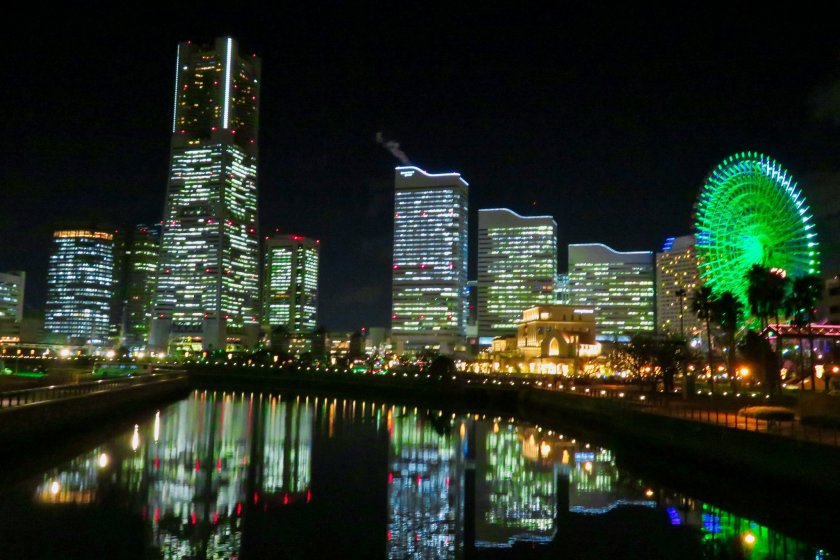An update to my 2014 Cost of Living Article.
When we moved to Yokohama from the Atlanta area of Georgia in 2013 my wife asked me to keep a monthly budget spreadsheet. Our purpose was to compare our living costs with that of the States. We both love to travel and over the past five years have visited all eight regions of Japan, as well as seven Asian countries, two trips back to the States and one to South America. All of the trip costs are included in our budget analysis.
We do not have any real estate or rental costs so I added the average cost to rent a 2 bedroom condo similar to the one we live in. When you consider the cost of maintaining and insuring a vehicle in the U.S. compared to the easy train transportation system and the excellent inexpensive health care system in Japan there really is not much difference to life here versus the U.S.. Note: After we completed our five years and Japan started to recognize my U.S. income our monthly health care premiums have tripled.
Some things about our lifestyle should be explained prior to presenting the numbers. We shop every day at the local markets and eat out approximately once per week. My wife is from Yokohama and she knows where to effectively shop. Within a few feet of our home there is a good sushi restaurant and their lunch menu for a 10 piece set is only 900 yen each. At the mall you can eat various noodle dishes for around 850 yen. When we need household items it is off to the 100 yen shop and for discounts we carry over 30 point cards between us!
Because we have a very healthy lifestyle our medical cost are very low. Note: in 2016 I had heart surgery and between Japan National Insurance and our private supplemental insurance my out of pocket expenses were negligible. I walk everyday and try to get in at least 10 to 15 kilometers per trip. Our daily lunch is a salad and we eat plenty of fresh fish. My wife currently works as a court arbitrator and I am a part time travel writer. We take three to four inside Japan trips per year. Throughout the year we constantly search the internet for bargain trips here and abroad. We are not penny pinchers, but are careful in how we spend our money.
Now for the 2018 results:
- Food, grocery and bakery were 86,249 yen per month
- Eating out 12,485 per month
- Health insurance, supplemental health insurance, annual physical and a few doctor visits averaged 26,243 per month. (2019 premiums are now 49,859 per month)
- Utilities including water, electric, gas, cell phone, NHK, and internet was 25,327 a month.
- Recharge our Suica card for two 4,654 per month
- Household, gifts, haircut and post office 26,986 a month
- Trips, hotels, entrance fees and miscellaneous cost 29,496 average per month.
If you include 100,000 yen for rent in our neighborhood the total monthly cost for 2018 to live in Yokohama was 312,493 yen. I used an average one year exchange rate of 108 and the monthly rate in dollars was $2,893 or less than $34,721 per year. This is $2,000 less per month than my 2014 report. The huge difference was due to no international travel in 2018 and change in average exchange rates. Overall cost have risen because of our consumption tax, which will increase again to 10% in October 2019. In comparing 2014 to 2018 our staying with travel inside Japan has made up the difference for the increases in taxes, food, and insurance.
Retiring in Japan is more expensive than say the hot spot Central/ South American and other Asian counties, but considering the lifestyle, safety, top notch transportation system and unbelievably great food, the trade off is well worth it. Our cost to live in a bedroom community outside Atlanta, Georgia was very similar to our cost here. Yes, food and housing were less, but insurance and transportation were much more expensive, so it averages out.





-227957.jpg)

























From my personal experience, there is so many things that are different than my home country. For food, fruits are more expensive in Japan, meat less , restaurant less . Public transportation usually more for a single trip, and less for a monthly pass. Books LOT less (especially considering the fact that second hand books are like new), DVD more. Phone/internet less, but electrycity more.
I believe that it's possible to have similar prices in Japan than in US/Canada/Europe, it's always a question of location and lifestyle.